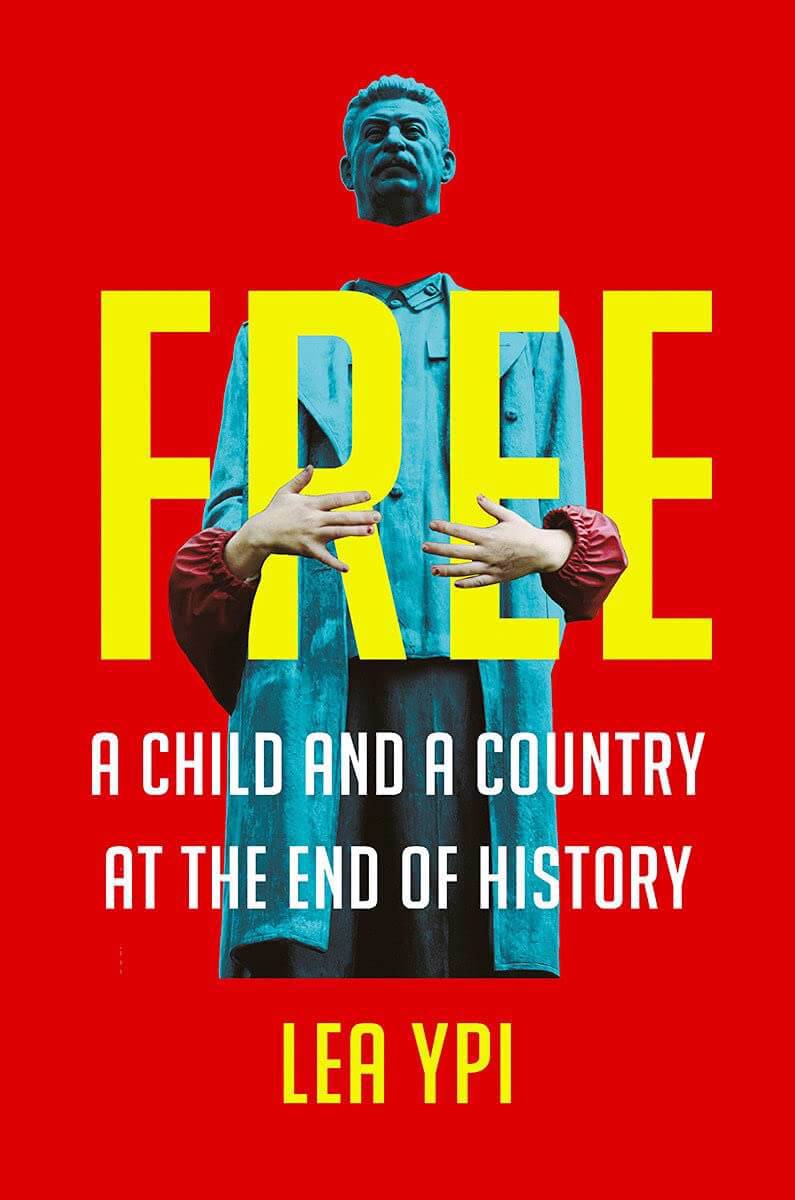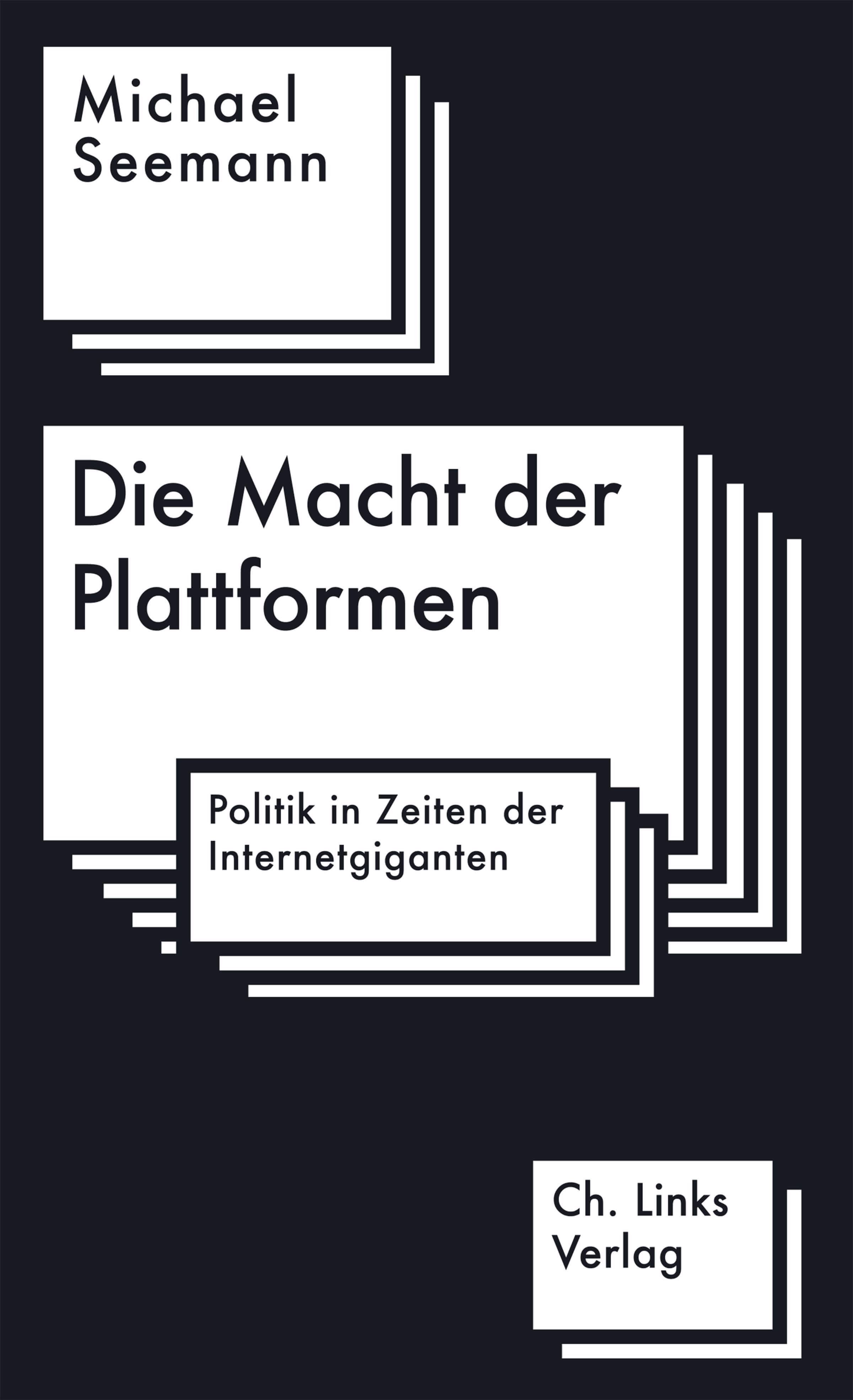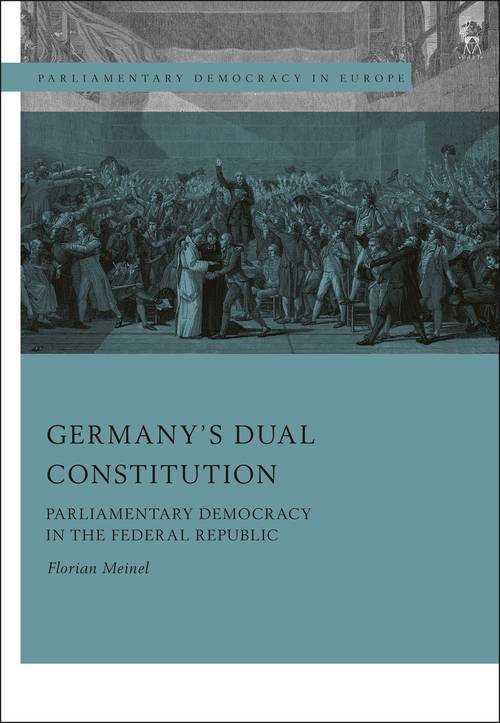Jan-Werner Mueller
Says More…
This week in Say More, PS talks with Jan-Werner Mueller, a professor of politics at Princeton University and a fellow at The New Institute, Hamburg.
Project Syndicate: After Donald Trump’s loss in the 2020 US presidential election, you warned that, “Just as populists tend to learn from one another’s successes, so will they heed others’ mistakes.” More recently, you noted that the most Trump-adjacent party in Germany’s federal election last month, the far-right Alternative for Germany (AfD), suffered losses but nonetheless proved itself to be a “lasting feature on the German political landscape.” What lessons might the AfD’s performance in Germany’s election provide to the party and to far-right movements elsewhere?
Jan-Werner Mueller: Right-wing authoritarian populists in power can copy pages from one another’s repression playbooks; that is one reason why their governance styles often have distinct similarities. But that does not mean that their initial success is driven by the same factors. At the risk of sounding very pedantic, I will point out that national contexts matter a great deal on this front, as different countries obviously have their historical legacies and “political opportunity structures” (in the language of the social sciences). The AfD has rooted itself firmly in a number of regions. But, nationally, it is still far weaker than Austria’s Freedom Party or Marine Le Pen’s Rassemblement National in France.
There are, however, potential lessons in terms of strategy. The Rassemblement National has tried to distance itself from the legacy of fascism. But what Le Pen calls “de-diabolization” carries political risks, as Éric Zemmour’s recent rise as a potential rival to Le Pen shows. But the AfD’s trajectory highlights the potential advantages of Le Pen’s approach. While AfD’s increasingly pronounced racism and historical revisionism appeal to some, they severely limit the voting pool. Those who merely want to cast a protest vote may well want to avoid anything resembling neo-fascism.
Mueller recommends
We ask all our Say More contributors to tell our readers about a few books that have impressed them recently. Here are Mueller's picks:
-

Free: A Child and a Country at the End of History
by Lea Ypi
A moving memoir by one of today’s leading political theorists about growing up in Albania during the transition from a very peculiar form of communism. Ypi manages subtly to weave in insights about the nature of freedom (and the future of socialism), making this a rare blend of narrative and political theory.
-

Die Macht der Plattformen: Politik in Zeiten der Internetgiganten
by Michael Seemann
It has become commonplace to say that we now live under “platform capitalism.” But what exactly is a platform, and how do those controlling platforms exert power? This sophisticated conceptual account – which starts with the rise of Napster – really helps in the formulation of answers. One hopes that it will be translated into English soon.
-

Germany's Dual Constitution: Parliamentary Democracy in the Federal Republic
by Florian Meinel
At a time when many observers are wondering what will happen to Germany after Angela Merkel, this deep analysis of the past and present of German parliamentarism is especially helpful. Meinel examines the particularities of the German system, especially the roles of federalism, the Constitutional Court, and political parties.
